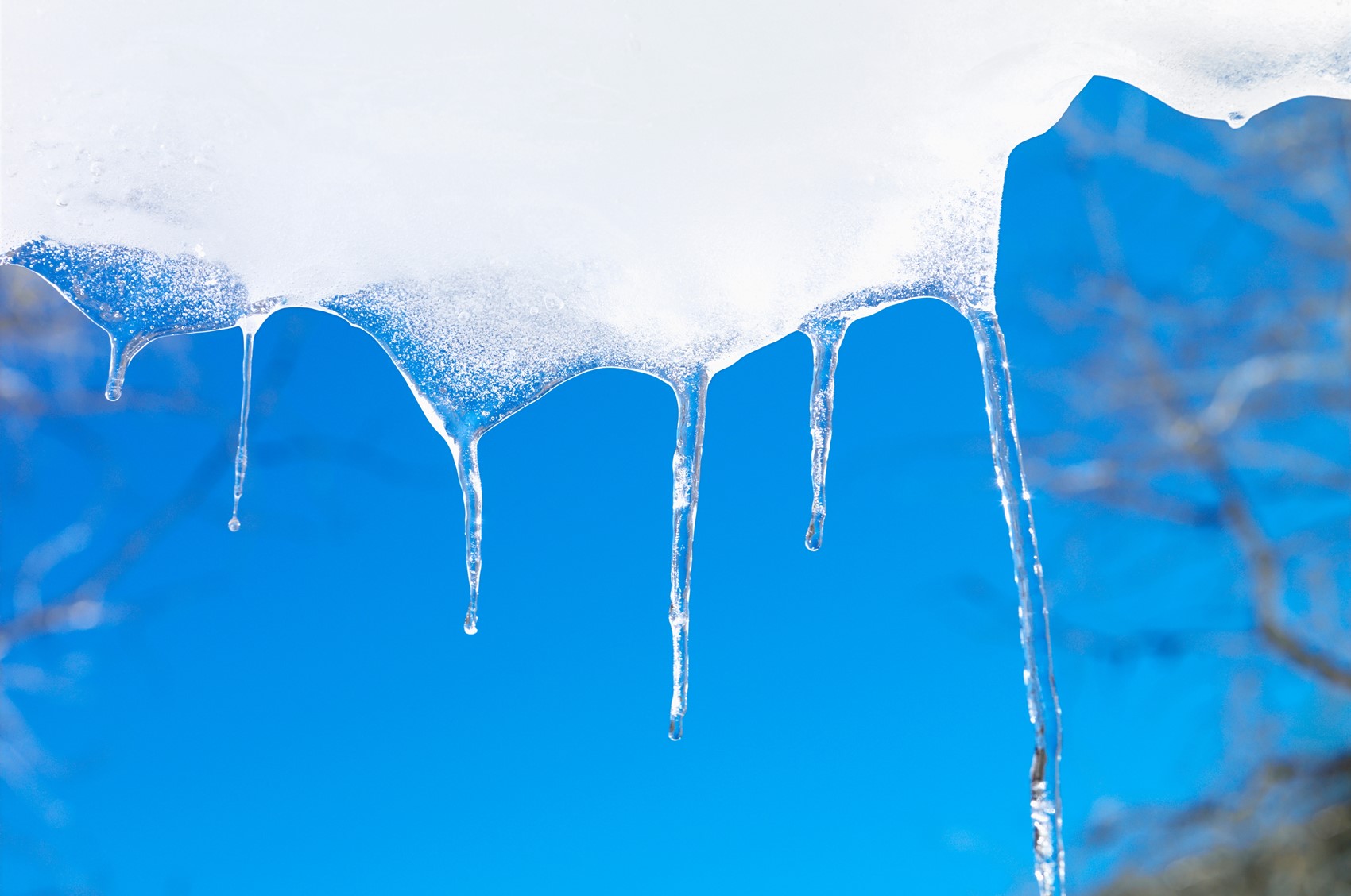Be part of the solution and make a difference

The climate is often a problem for people with any medical condition, but in the case of psoriasis, generally it is better in the summer and with a warmer climate, which begs the question; What influences the condition?
In a study of 2,582 patients, published in Clinical, Cosmetic and Investigational Dermatology in 2021, a group of researchers in China concluded:
“Psoriatic patients who had occupations with more sunlight exposure were less likely to report aggravation of psoriasis in autumn/winter. On the contrary, smoking and hyperlipidaemia were positively associated with the seasonal aggravation…”
The retrospective study reported that more than half (53.2%) of those in the dataset had aggravation of disease during autumn and winter months, this also coincided with searches for information about flares in winter and early spring. The lack of skin exposure to UV light and heavy clothing to keep warm, therefore reducing skin exposure to the benefit of the sun, perhaps is the likely explanation.
The study had some limitations such as single centre data and self-reporting recall bias. Of course, understanding how both skin and joints react to both extreme weather hot or cold will be of great importance given the changing global climate, more research is needed to understand the issues.
Reference:
Zheng X, Wang Q, Luo Y, Lu W, Jin L, Chen M, Zhu W, Kuang Y. Seasonal Variation of Psoriasis and Its Impact in the Therapeutic Management: A Retrospective Study on Chinese Patients. Clin Cosmet Investig Dermatol. 2021 May 10;14:459-465. doi: 10.2147/CCID.S312556. PMID: 34007198; PMCID: PMC8121268.
